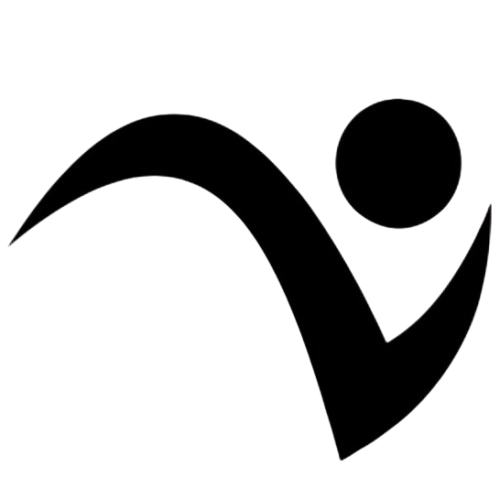🧠 Why Recovery Matters (and Why Most Runners Get It Wrong)
Racing taxes more than your muscles — it affects your nervous system, hormonal balance, immune response, and mental focus. Rushing back too quickly increases the risk of:
- Injury (especially to connective tissue not yet healed)
- Immune suppression and illness
- Chronic fatigue or burnout
- Plateaued or declining performance
The solution? Purposeful recovery, tailored to your race distance and training background.
🏁 Recovery by Distance: What Your Body Needs
🟢 Shorter Distance (10–15K)
Physiological Load:
While the total distance is lower, shorter races are typically run at or near lactate threshold — stressing the cardiovascular system, fast-twitch muscle fibres, and central nervous system.
Recovery Needs:
- 3–5 days of reduced volume
- 1–2 days completely off or walk-only
- Focus on recovery nutrition (30g protein + carbs post-race)
- Gentle movement to stimulate blood flow
- Return to moderate training within a week
Key Tip:
Add light strides or aerobic cross-training after day 3 to re-activate movement patterns.
Science Says:
Studies show muscle soreness peaks at ~24–48 hours post high-intensity efforts, with inflammation resolving by day 5 (Clarkson & Hubal, 2002).
🟡 Longer Distance (15K – Full Marathon)
Physiological Load:
This distance stresses aerobic endurance, glycogen stores, and soft tissue. Recovery is influenced by:
- Training load prior to race
- Fueling during the event
- Relative pace vs. effort
Recovery Needs:
- 7–21 days of structured recovery
- 3–5 days of no running or active recovery only
- Daily hydration + anti-inflammatory nutrition (omega-3s, antioxidants)
- Sleep 8+ hours — growth hormone spikes during deep sleep
- Gentle mobility + walking by day 2–3
Key Tip:
Avoid speedwork or long runs for at least 10 days. Let your joints recover even if your cardio feels fine.
Science Says:
A 2016 study in the Journal of Strength & Conditioning Research found muscle damage markers (CK and LDH) remain elevated for up to 14 days post-marathon in recreational athletes.
🔴 Ultra Distance (Marathon to 100 Miles)
Physiological Load:
This is total body stress — muscular breakdown, glycogen depletion, hormonal imbalance, sleep deprivation, and sometimes gastrointestinal trauma.
Recovery Needs:
- 2–4 weeks of recovery, depending on distance and terrain
- 5–7 days of total rest or low-impact movement only
- Prioritise protein (1.6–2.0g/kg/day) and micronutrients
- Address sleep debt and immune suppression (vitamin D, zinc)
- Use compression, massage, and active recovery (e.g., aqua jogging)
Key Tip:
Monitor HRV or resting HR daily. Don’t resume structured training until these return to baseline.
Science Says:
Research published in Frontiers in Physiology shows that ultramarathons cause immune suppression and neuromuscular fatigue lasting 2–3 weeks. Recovery varies based on experience and fueling strategy.
📋 What All Runners Should Avoid
❌ Jumping into another race too soon
❌ “Fixing” a race disappointment with training
❌ Ignoring mental and emotional fatigue
❌ Overestimating how recovered you feel vs. how recovered you are
🔁 Transitioning Back to Training
Recovery is not the absence of effort — it’s the presence of intentional rest.
To return stronger:
✅ Include easy aerobic runs only for the first 7–10 days
✅ Use RPE (not pace or HR) to guide return to intensity
✅ Build in cutback weeks every 3–4 weeks
✅ Re-establish good sleep, fueling, and hydration before ramping up
🎯 Want a Personalised Recovery Plan?
Don’t leave your comeback to guesswork.
Inside RunTeam, you’ll get access to:
✅ A distance-specific recovery plan
✅ Rebuild phase guidance to avoid injury
✅ Strength and mobility modules to support healing
✅ Coaching support and a running community to keep you accountable

